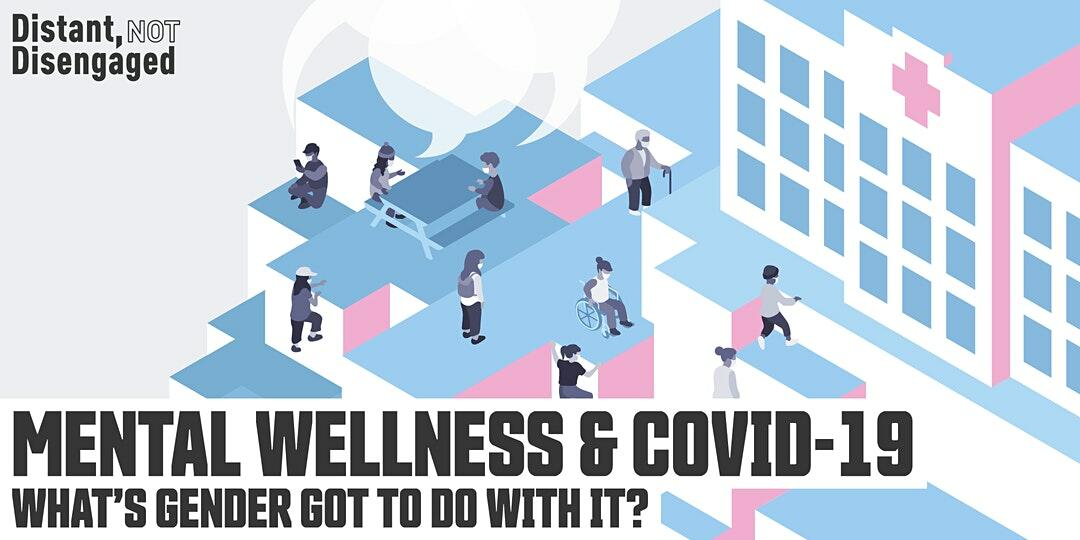
12:00 PM - 01:30 PM
About the event
Part of the Distant, Not Disengaged event series, hosted by SFU Public Square, CityHive and the SFU Morris J. Wosk Centre for Dialogue
About this Event
Join us to discuss how gender relates to unequal mental health outcomes under COVID-19, and how intersectional gender-based policies can prevent and address these inequities.
Moderators:
- Julia Smith is a University Research Associate in the Faculty of Health Sciences at Simon Fraser University. She is co-lead on the Gender and COVID-19 Project, which is conducting research on the gender effects of COVID-19 in nine countries with the aim to inform gender transformative policy responses.
- Kelley Lee is a Tier 1 Canadian Research Chair in the Faculty of Health Sciences at Simon Fraser University, Fellow of the Faculty of Public Health Royal College of Physicians and Fellow of the Canadian Academy of Health Sciences. She is a senior advisor on the Gender and COVID-19 Project, with longstanding expertise in global health governance.
Speakers:
- Stay tuned for speaker announcements!
COVID-19 is taking a toll on everyone’s mental wellbeing, but evidence demonstrates that these threats to mental health are not experienced equally. Gender is one of the many intersecting lenses we can use to look at the pandemic’s unequal impact on mental health and wellness.
Women in Canada, and around the world, are reporting higher levels of anxiety, stress and related challenges compared to men. This is not surprising: women are continuing to shoulder the majority of (now increased) unpaid care work in the home; they have been pushed out of the workforce in greater numbers than men; they are more likely to experience domestic violence during lockdowns; and they make up 81% of the health care workers on the front lines of the pandemic response.
While we have data on COVID-19-related mental health differences between men and women, there is very little information on the experiences of transgender and non-binary individuals, who are already more likely to experience barriers to accessing health care and other services. On top of this, the COVID-19 response has resulted in delays in access to gender-affirming surgeries, which have been demonstrated to improve mental wellbeing, and interruptions in hormone therapy, which can negatively impact mental health.
While not surprising, gender disparities in mental wellness are also not inevitable. Join us to discuss how gender relates to unequal mental health outcomes under COVID-19, and how intersectional gender-based policies can prevent and address these inequities. These questions are particularly crucial as high levels of stress and anxiety have long-term secondary health impacts and negatively affect future career advancement and personal development.